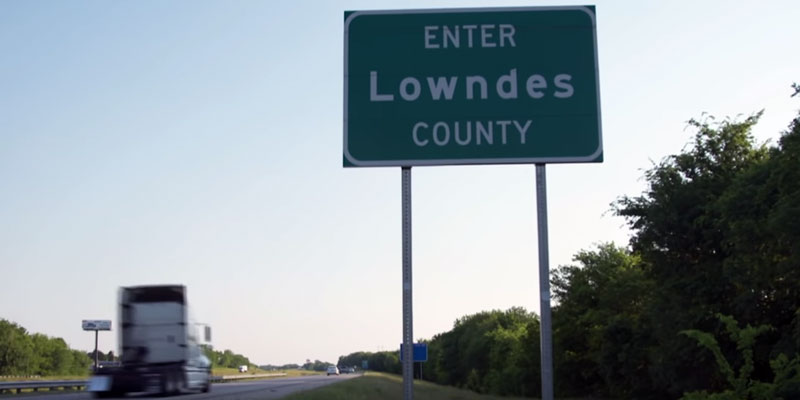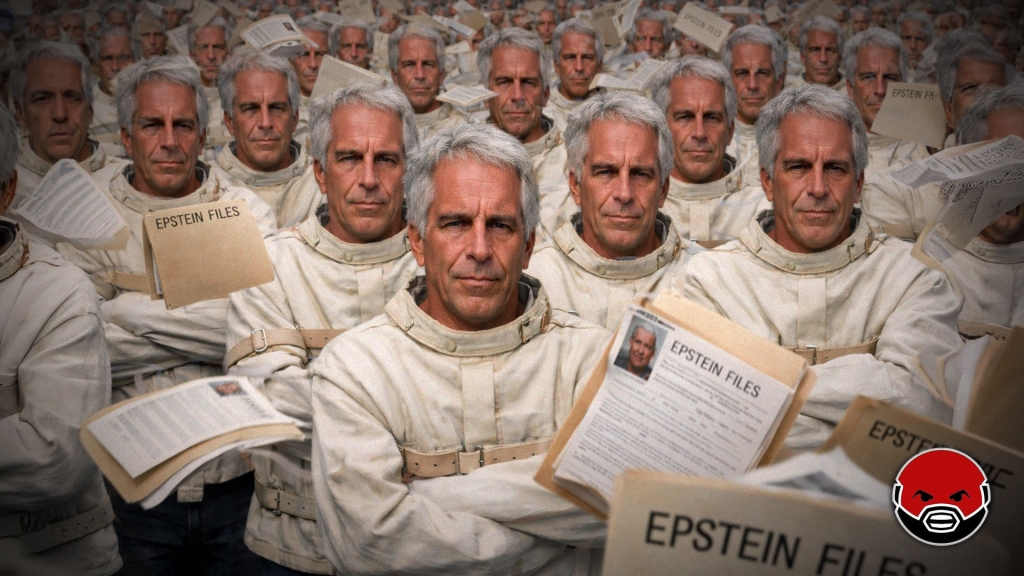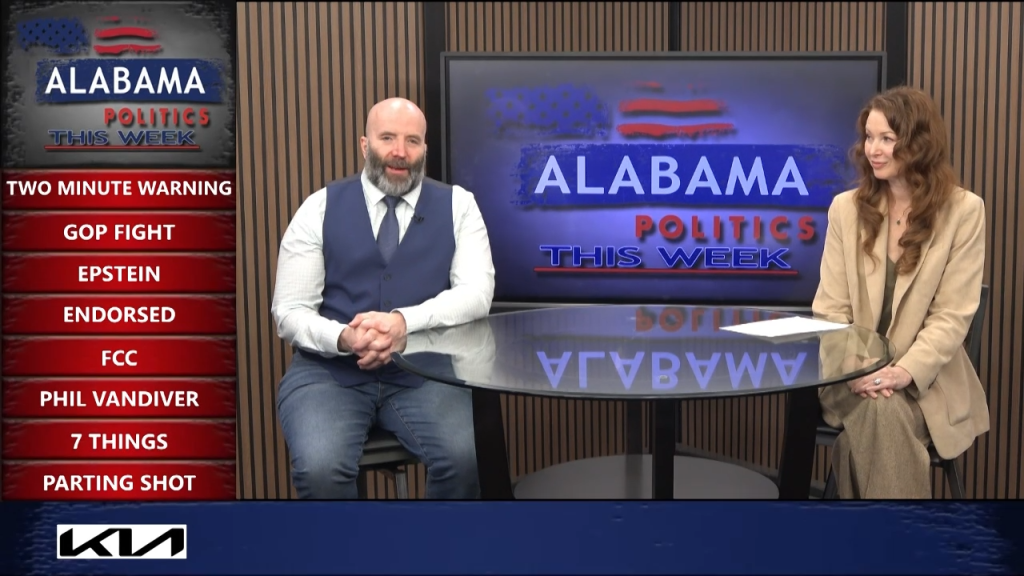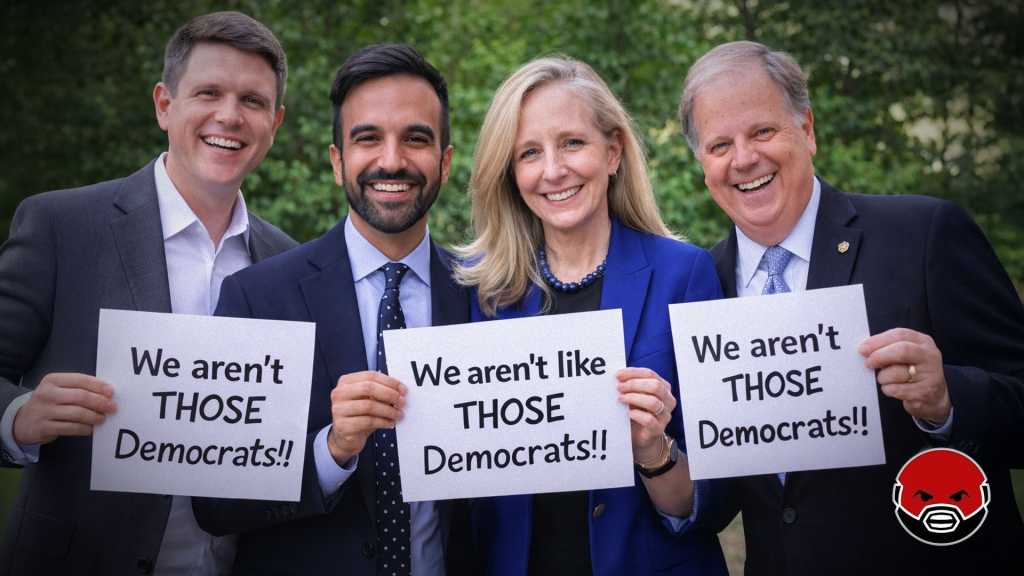PBS published a poignant report last Saturday about poverty in Lowndes County, Alabama, following a recent visit and ensuing report on the same by a Professor Philip Alston of the United Nations Human Rights Council.
Alston came to examine poverty in America, and his visit prodded mixed responses. Among the most notable was U.N. Ambassador Nicky Haley’s, which rebuked Alston’s reporting as full of “misleading and politically motivated statements.”
Is it true that the United States has a serious issue with poverty? Is it true that the U.N.’s social democracy-inspired criticisms are worthy of criticism themselves?
Yes and yes. Here are some key questions and reflections:
What prompted Alston’s examination of American poverty?
It’s because of situations such as we see in Lowndes County where sewage simply runs out into people’s yards because they lack basic wastewater infrastructure, a reality which Dr. Scott Harris, Alabama’s State Health Officer, acknowledged to PBS is a serious problem with racially disparate consequences.
It’s because of homeless-filled streets such as in San Francisco, a place so needle-ridden that visitors have reportedly wondered if they’ve wandered off the beaten path into a bad part of town.
And what prompted Ambassador Haley’s disgust with Alston’s visit?
Certainly, her disgust comes from the instance of a haughty European called by the title ‘special rapporteur’ making the argument that “a dramatic change of direction in US policies relating to inequality and extreme poverty” – aka Trump’s tax cuts – will only worsen problems outlined above.
Certainly, it comes from the U.N.’s very poor treatment of Israel, the key U.S. ally in the Middle East.
Certainly, it comes from a disdain for E.U.-style collectivism, shared in principle by the U.N., which has led to financial crises in Greece and Spain and mass migration-relation social crises in France and Germany.
But also, perhaps, it comes from a bit of insecurity.
The United States is the wealthiest country on earth, a point both Alston and Haley note, though for very different reasons: Alston, to argue that poverty of the sort that exists in Lowndes and other rural Alabama counties shouldn’t exist at all, and Haley, to argue that Alston shouldn’t be here to teach us about our poverty.
Both arguments are compelling.
@jeremywbeaman is a contributing writer for Yellowhammer News













